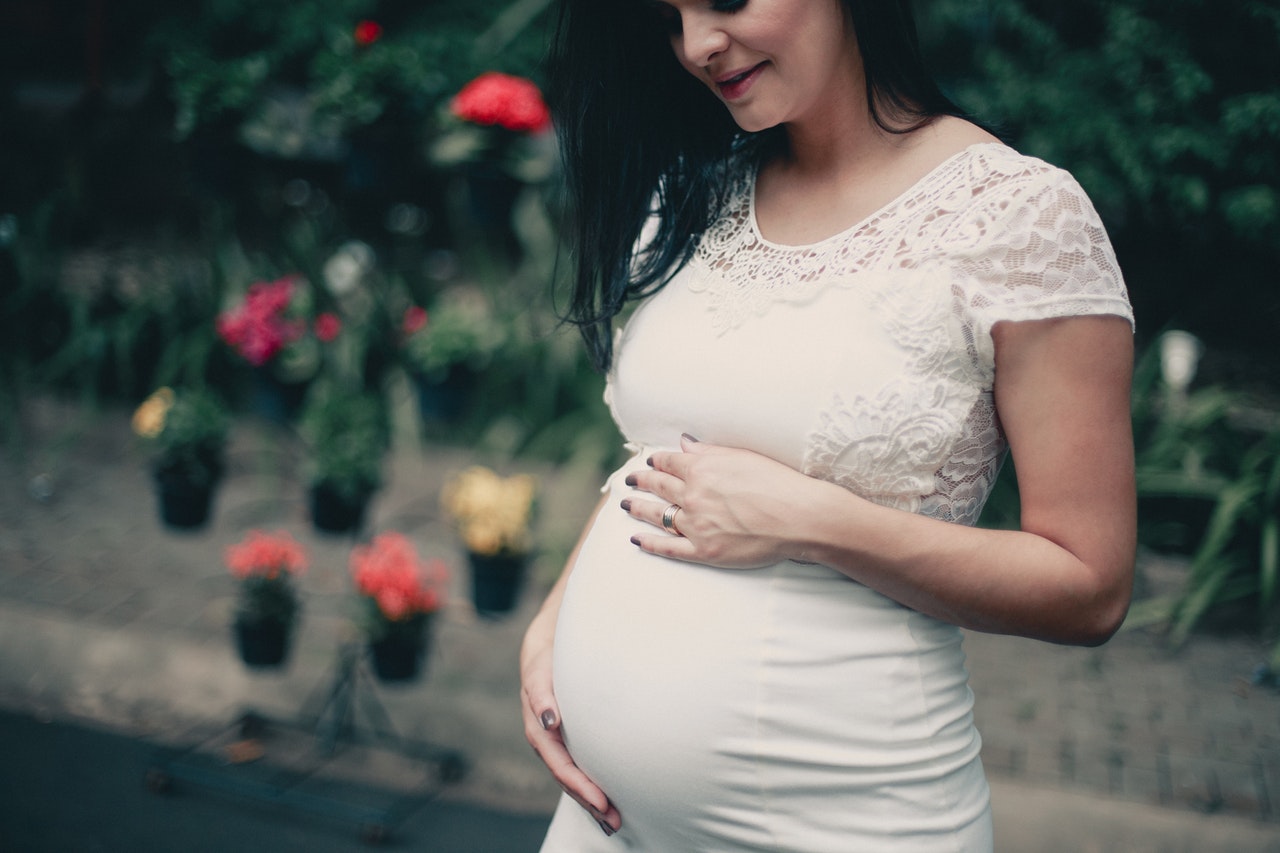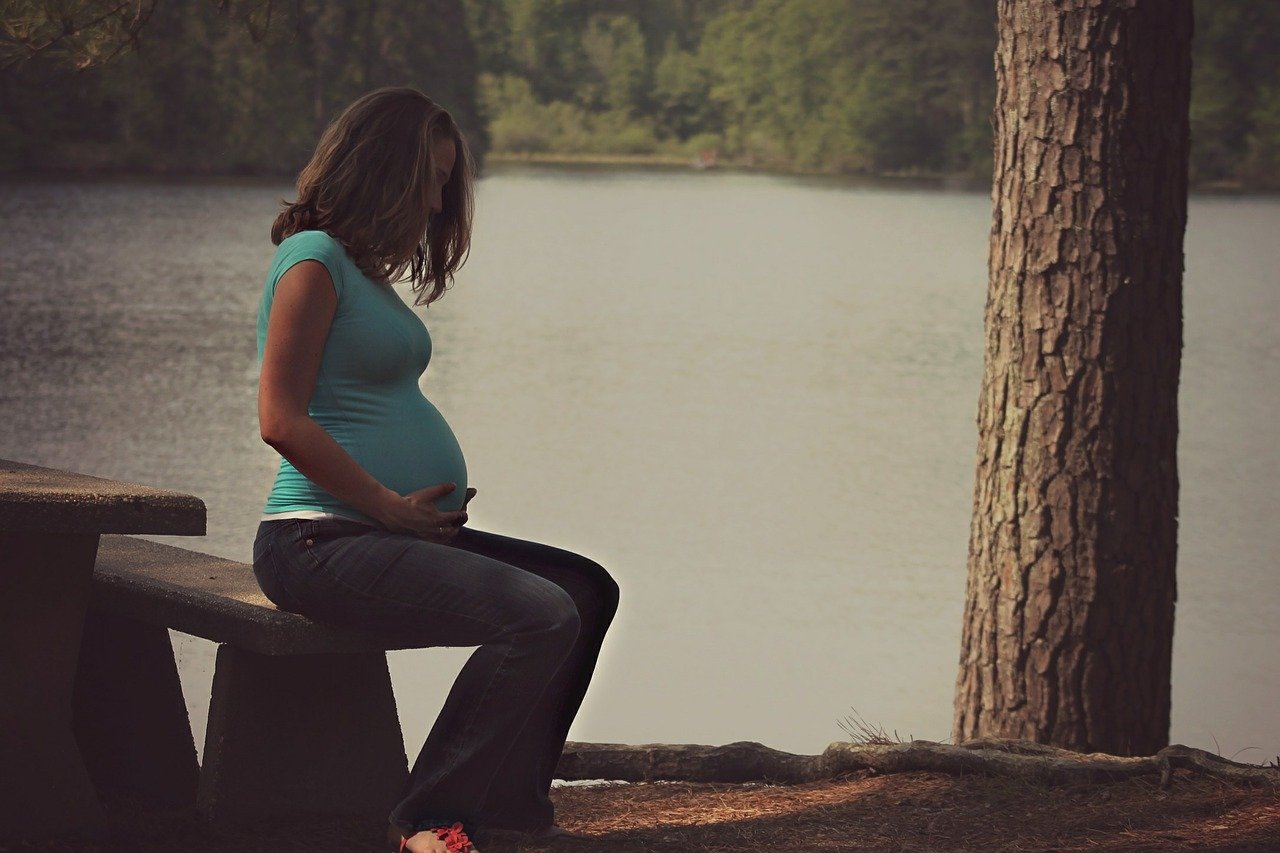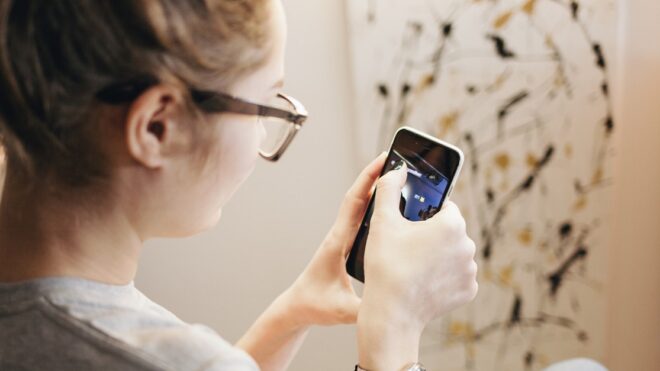
It's a scary time to be pregnant. While all of us have been trying to avoid the hospital due to the influx of patients the past month, many pregnant women don't have a choice. It's good to have all of the equipment and help that a hospital birth provides. But there are a few things hospitals have been limiting these days. For one, guests.
Many women have been warned that their partner might not get a chance to witness the birth of the baby. That said, in-laws and other guests are a definite no. That means that pregnant women might need to do this by themselves, with the additional fear that they might accidentally catch the virus. That, or use up resources that another patient depends on to live. How will they know that the doctors and nurses will be able to give them the attention and help they might need? When hospitals become understaffed due to the large influx of virus patients, plenty of medical staff are being called to help out elsewhere in the hospital.
That's why people are considering home birth. While always an option, now it seems like the least complicated of the two. That's what happened to Kelsey Nixon, who was having her fourth child through a gestational surrogate. Based on the new rules, Kelsey wouldn't have been able to see the birth of her child. Even the surrogate's husband might not have been allowed in the room. As a surrogate, it seems like a lonely situation. And for a parent, it's terrible not to see your child as soon as you can.
Kelsey thought about a home birth, and she chatted with Today about her options. "Never in a million years did we think we would jump into a home birth," she said. Her three children prior — two delivered by her and one by a surrogate — were all born in a hospital.
Their surrogate this time around is 26-year-old Megan Blackhurst. Since she's young and healthy, she's a good candidate for a home birth. Of course, while home births often involve professionals helping out, you never know what might happen during labor.

"We didn’t come to this decision lightly," Kelsey acknowledged. "We came to this stage given our very particular set of pregnancy circumstances. While this is not an ideal circumstance, we are in the best-case situation for home birth." It seems almost unreal that hospitals have become such a terrifying choice.
That's one of the reasons why this virus spread is so scary. It's not just about getting sick — it's about not having the same resources you were able to have just a few months ago. According to the Washington Post, hospitals in the United States have been canceling elective surgeries and sending people back home due to overcrowding.

"One question dominates all forums: What am I supposed to do?" writes Emma Grey Ellis from Wired. "With medical — and governmental — guidance in short supply worldwide, most people are doing what everyone else is: talking about it, looking for answers. Some cling tight to their mantras about washing their hands and avoiding travel."
That uncertainty is even more severe for pregnant women. "It’s making women really question wanting to be in a hospital setting," Lindsey Meehleis, a midwife at California's Orange County Midwifery said to Today. "We don’t even know how to navigate this because (the increased interest) is just so overwhelming."

So what do you do if you want to consider a home birth? Today notes that there are a few steps involved to make sure you're a good candidate. For one, women shouldn't have any underlying health conditions, like type 1 diabetes. It's also a better choice for women carrying one baby, and not multiples.
Also, women need to be OK with the fact that they won't be getting an epidural. "Part of the screening, if you will, is: Are you really comfortable with the idea that there isn't an epidural available? Are you really comfortable with the idea that you're going to do this work,” said Jennie Joseph, a midwife at Commonsense Childbirth in Florida, to Today.
While many women have successfully given birth without an epidural, it's yet another choice that makes it complicated for women to choose. Will they go through with this birth in a place where they have emotional support but no pain relief? Or a place where they might get relief yet deal with a lonely labor?

For first-time moms, it's even more of a tough choice. In their minds, they likely envisioned how things would go. Since these changes happened suddenly, this is an outcome that nobody could have expected. Sure, it'll make for an interesting birth story down the line, but right now it's absolutely terrifying.

The good news is that, like hospital births, home births have been done for quite some time. The American Pregnancy Association suggests hiring a doula to help on the day of, along with a midwife. It claims that most midwives will bring some supplies with them, including oxygen, IVs, sterile gloves, and the supplies to stop or slow down a hemorrhage if one happens.
But they're not flawless. The organization states that some women still need to be transferred to a hospital during their labor. It estimates that number as 40% of first-time mothers and 10% of moms who are bringing a sibling into the world. Reasons for a transfer include no progress during the labor, high blood pressure, or a mom who is too exhausted to keep pushing.
New moms will also be responsible for finding a pediatrician who can give the baby a checkup shortly after birth. In a hospital, many of these pediatricians come right to the hospital. The good news is, home births are significantly cheaper than what you'd be charged at the hospital. For couples who may have lost work due to this situation, it may financially be a better choice.

No matter what, this is a challenging situation for everyone. Nobody would have thought that help wouldn't be available in case of a birth or an accident, but that's how things are currently progressing. This is one of the reasons why it might be smart to stay home and leave the hospital to the people who are in dire need of medical care.







